Politics and pediatric mental health don’t mix

As a child and adolescent psychiatrist, I’ve spent the past two decades treating young people and working with families in crisis. And I can tell you this: The threats to youth mental health are bigger than we think, and they’re not coming from where you might expect.
While the stigma around therapy and psychiatric care may be slowly receding, access to care is under siege. We’re watching mental health supports erode at exactly the moment families need them most. And in the name of reform, new political efforts like the “Make America Healthy Again” (MAHA) executive order are introducing even more barriers.
To be clear, we should absolutely be thoughtful about how we deliver care and prevent misuse of medication in kids’ mental health treatment. But what we cannot do is politicize or pathologize the very tools that save lives.
A system in retreat
We are in the middle of a youth mental health crisis. According to the CDC, suicide was the second leading cause of death for youth ages 10 to 14 in 2023, the latest CDC data available. One in five children has a diagnosable mental health condition, yet almost two-thirds receive little to no treatment at all. And when care is delayed, the consequences can be severe: school dropout, addiction, chronic illness, even early death.
Yet, despite this, we’re watching key supports disappear:
- School-based mental health programs are being defunded. These programs often catch problems early and are sometimes the only care option for underserved kids.
- Telehealth access is under threat, despite being a lifeline for rural families and working parents during the pandemic.
- Medicaid redeterminations have put millions of children at risk of losing coverage.
- Mental health medication access is being undermined by supply chain issues and growing skepticism around use, especially for conditions like ADHD.
MAHA’s emphasis on “over-utilization” of psychiatric medication only adds to the problem. When we focus on the wrong risks, we distract from the real ones: untreated illness, suffering families, and preventable tragedies.
Stigma with a new disguise
I’m seeing more and more skepticism about psychiatric treatment. Questions like, “Are we overmedicating kids?” or “Shouldn’t we be building resilience instead?”
The thing is, it’s not either-or. We treat diabetes with insulin and teach healthy habits. We manage asthma with inhalers and reduce environmental triggers. Mental health should be no different. Framing treatment as a failure, or something we should avoid unless we’ve tried everything else, only drives families deeper into shame. And for kids, that can translate into silence, hopelessness, and danger.
What kids and families actually need
We need a new model for mental health care—one that meets families where they are, uses the best available evidence, and doesn’t leave them to figure it all out alone.
Here’s what that looks like:
- Integrated, team-based care. No one provider can do it all. Kids need therapists, psychiatric providers, and coaches who work together.
- Early, proactive support. The longer we wait, the worse outcomes get. Let’s reach kids early, way before they actually hit a crisis.
- Technology that expands access, not replaces care. Telehealth and digital tools can help families overcome logistical barriers, especially when thoughtfully designed.
- Respect for families. Parents shouldn’t feel judged for seeking care. They should be met with empathy and real options.
- Investment in workforce and innovation. We need to train more clinicians, pay them fairly, and support research into better treatments.
How can policymakers and leaders help?
So what can we actually do? First, we need to protect telehealth parity—because where a child lives shouldn’t determine whether they can see a therapist. We need to fully fund school-based programs, so kids have access to care where they spend most of their time. And we have to stabilize Medicaid enrollment to prevent kids from falling through the cracks just because of paperwork.
We also must raise reimbursement rates for mental health care—because when providers burn out or leave the field, families are the ones left scrambling. Finally, we need to push back on stigma—especially in the way we write and talk about mental health in policy. This isn’t the time for vague language or political posturing. It’s time to be clear, evidence-based, and human.
Silence isn’t neutral
It can feel risky to speak up. But as a clinician, a mom, and a human being, I can’t stay quiet while kids fall through the cracks.
This isn’t about left or right. It’s about right and wrong. It’s about whether we’re willing to invest in our children’s future or continue to make care harder to reach.
Mental health isn’t a luxury. And every child deserves the chance to feel better. Let’s stop building roadblocks and start building a future grounded in compassion, care, and real support.
Monika Roots, MD is a child and adolescent psychiatrist and the cofounder, president, and chief medical officer of Bend Health.
What's Your Reaction?
 Like
0
Like
0
 Dislike
0
Dislike
0
 Love
0
Love
0
 Funny
0
Funny
0
 Angry
0
Angry
0
 Sad
0
Sad
0
 Wow
0
Wow
0


.png?width=1200&auto=webp&trim=0,0,0,0#)




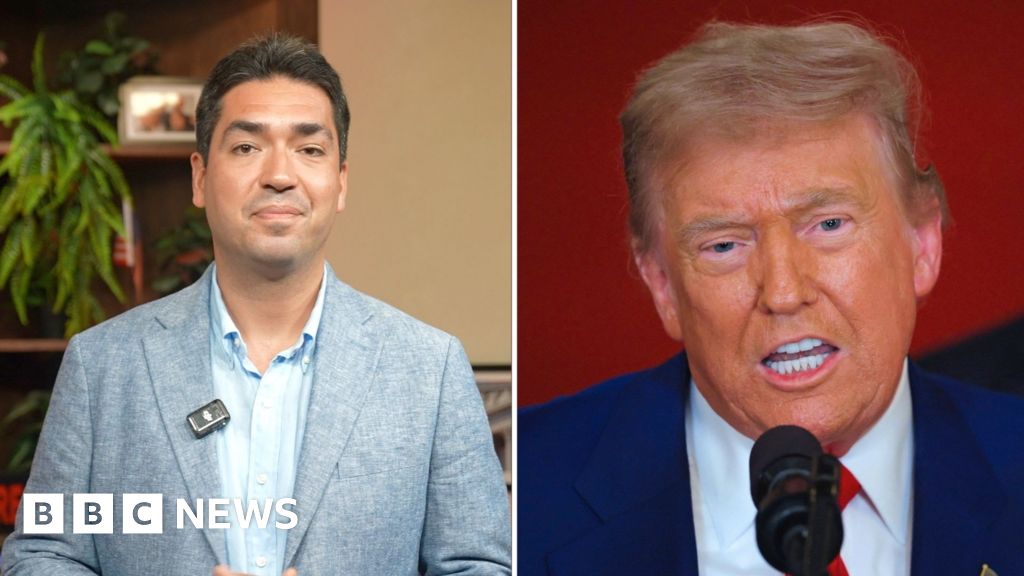
















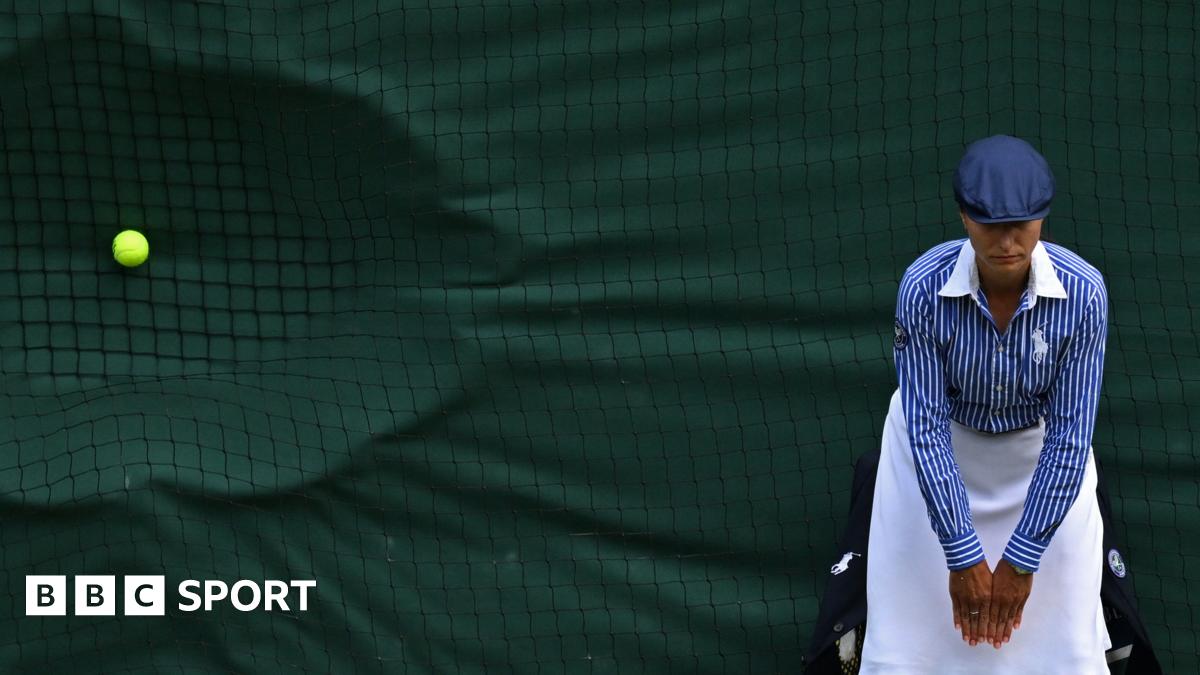
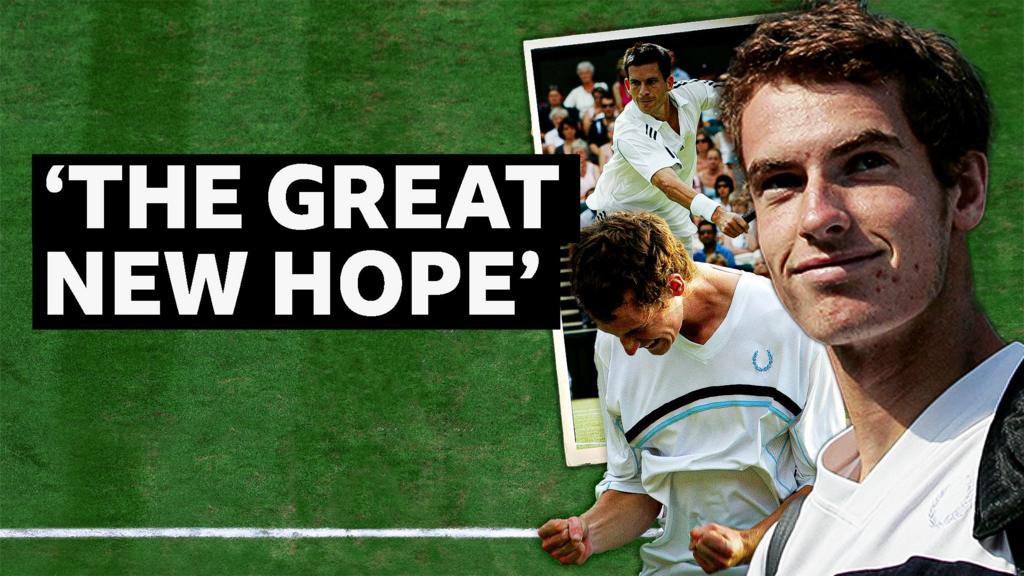



























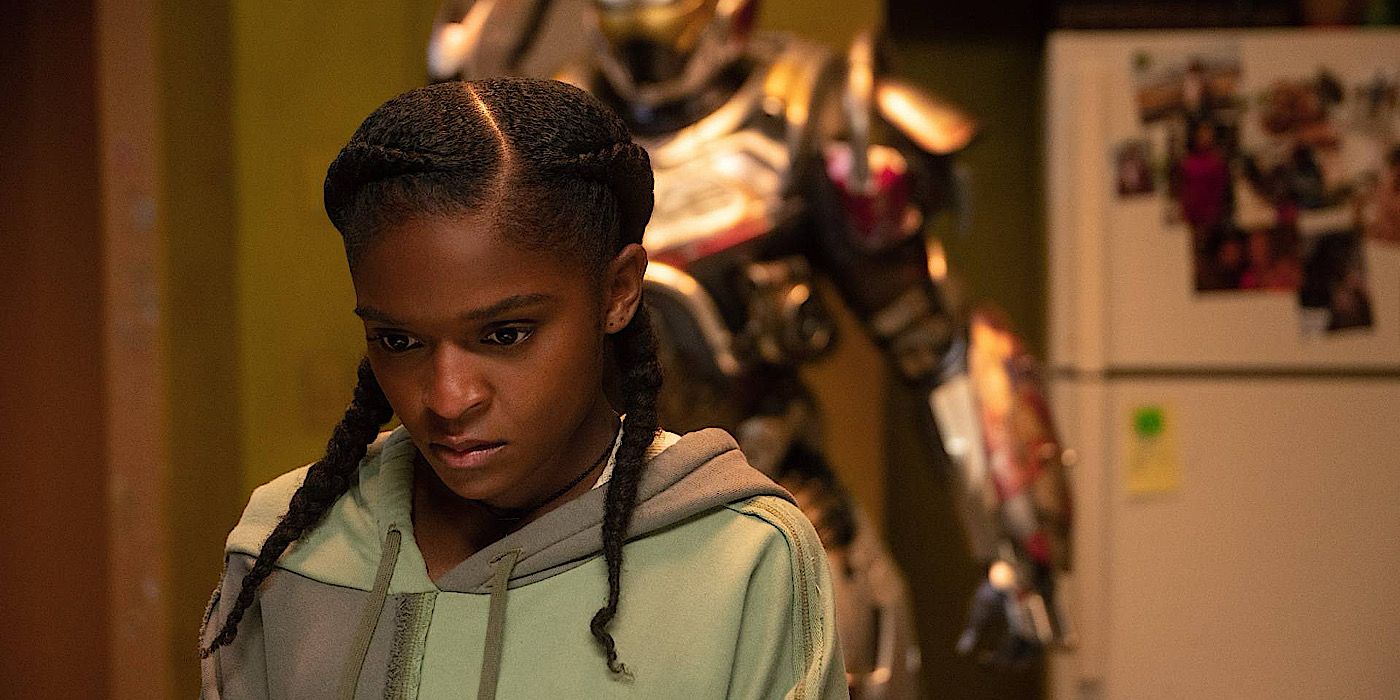

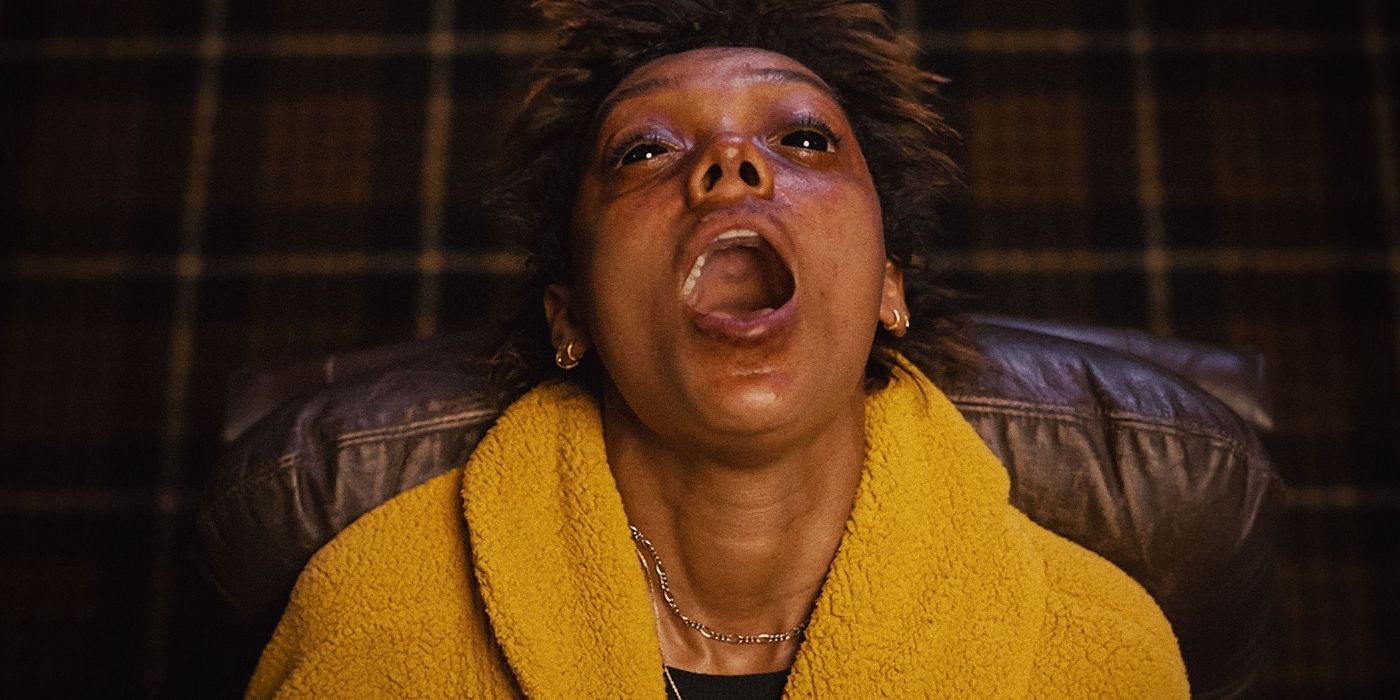

![Ironheart Boss on Episode 3’s [Spoiler] Reveal: ‘It’s So Much Fun to Reach Back’ in MCU History — Grade It!](https://tvline.com/wp-content/uploads/2025/06/ironheart.png?#)






































